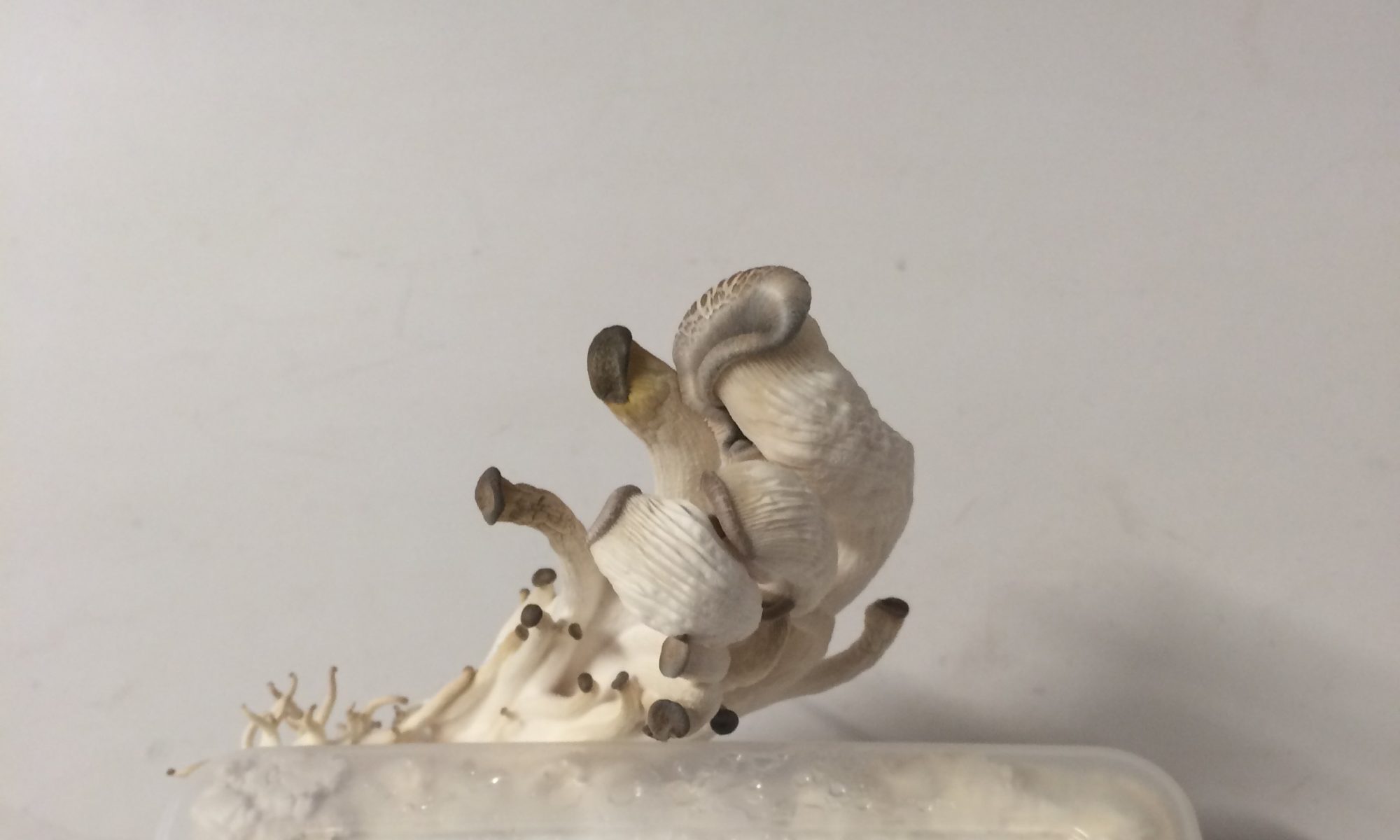“Weather surgeons draw silk through needles, close the eye of the storm.”
– Karen An-hwei Lee, from the poem Dream of Inflation
I came across a particularly virulent strain of enviro-bashing in the work of Telegraph.co.uk pundit James Delingpole, who has authored, among other things:
Watermelons: The Green Movement’s True Colors
(find out what global warming ‘climate change’ is really all about)
We all bash, but I know my position is the right path – I can adopt a middle path in terms of understanding the other side, but why wouldn’t we err towards stewardship instead of exploitation? Why busy one’s self with conspiracy theories? Is everything about ripping off the freedom of the little guy who may maybe maybe maybe, one far away day, get rich off the same things with which his overlords rule? I know, this is naïve and sincere, but there you go.
There are other economies than the ones most of us engage in, that foster more care about one’s larger community.
See:
The Money Fix, Alan Rosenblith
(one of the great questions Rosenblith asks is whether the KIND of item chosen to stand in as money affects the behavior of the people inside that economy?)
WATCH FILM
Money is at the intersection of nearly every aspect of modern life. Most of us take the monetary system for granted, but it has a profound and largely misunderstood influence on our lives. THE MONEY FIX is a feature-length documentary exploring our society’s relationship with the almighty dollar.
THE MONEY FIX examines economic patterning in both the human and the natural worlds, and through this lens we learn how we can empower ourselves by redesigning the lifeblood of the economy at the community level. The film documents three types of alternative money systems, all of which help solve economic problems for the communities in which they operate.

Human salvation lies in sincerity and perhaps naivety also. It’s good to understand opposing points of view, and it’s also good to consider the points of view of the unvoiced (including any disenfranchised being – I think sometimes of human slavery and how I would consider “the other side” in that argument). I tend to run to the defense of the unvoiced, and that can generate a sense that the opposer is demonic. But evil IS the eye of the beholder, I remind myself. How do I engage, grieve, oppose, and remain, or grow, integrated? I admire your sincere efforts to understand “the other side”. If I do more of THAT, maybe I can do more to imagine, and contribute to, a democracy of all life.
I’ve been thinking a lot about metta meditation – the practice of friendliness – and how it helps becalm the rage, instill a kindness towards other beings; it gives pause to my indictments but in the end, I am still entitled to my opinions which I hope are better considered than knee-jerk. Thanks for the post.
Thank you so much, Marina, for this thought and your post and your blog. You & Tim Morton are my virtual professors (and inspirers). -N